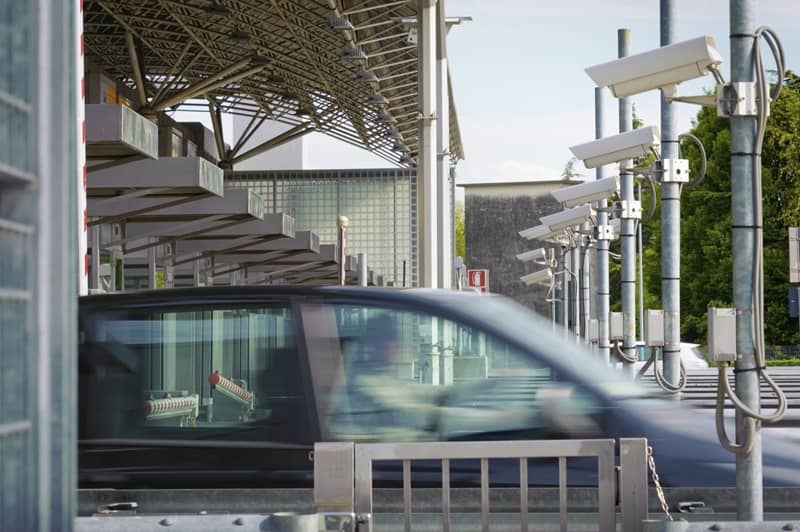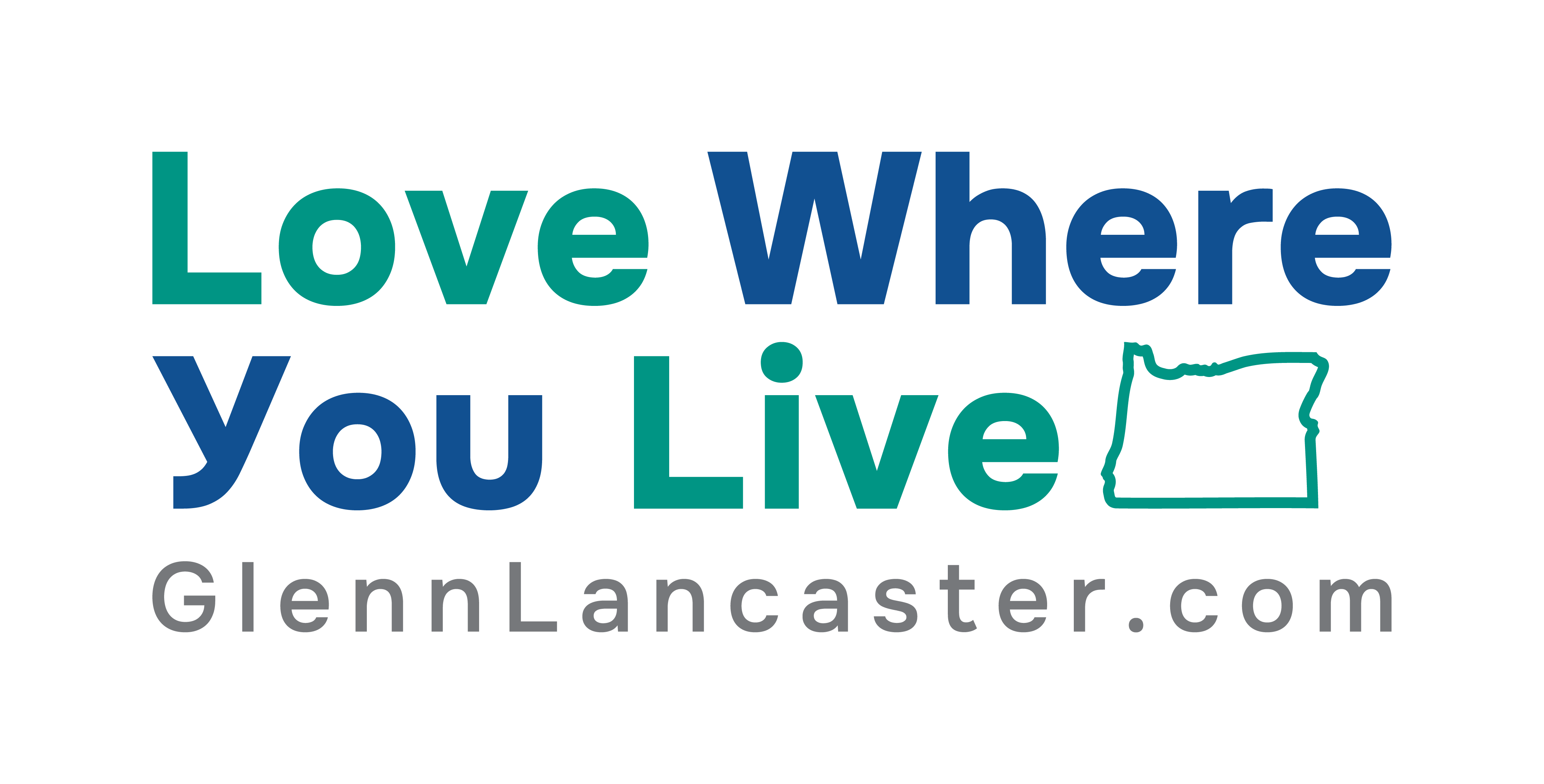
6 Tolling Lies You’re Being Told
Traffic in Wilsonville is horrific. As residents, we endure frustrating delays, idling engines, and wasted hours daily. This community needs safer, quicker, and less congested roads. Yet, we cannot let this frustration turn into passive approval of the Oregon Department of Transportation’s (ODOT) tolling scheme.
Advocates often cloak their proposals in a series of half-truths, misleading claims, and outright lies. They know tolling wouldn’t ever pass on its own merits. By dispelling these myths, we can gain the clarity needed to assess this proposal with a level head.
1. “Tolling Will Reduce Traffic”
The notion that tolling will reduce traffic would be welcome news to any Wilsonville resident…if it were true. Common sense tells us that placing pay station barriers on our busiest roads will only slow things down further. It’s frustrating to see such an obvious falsehood being promoted unapologetically.
Everywhere tolling is implemented is followed by worsening traffic and a never-ending series of fee increases and increasing gridlock. Smaller communities like Wilsonville are particularly vulnerable to spillover traffic as daily commuters, interstate commerce, and travelers attempt to bypass the tolls. This will result in more congestion, more traffic, and longer commute times—the exact issues we’re trying to solve will only be exacerbated by tolling.
2. “Tolling Is Equitable”
We all want a fair system that supports everyone in our community, especially those who are struggling. That’s why the claim that tolling is equitable is not just misleading—it’s downright manipulative. Tolling functions like a regressive tax, disproportionately affecting lower-income residents.
While more well-off drivers might be able to absorb the extra cost, those who are just getting by will feel the squeeze. Nobody in Wilsonville should have to decide between visiting a relative or getting groceries. This isn’t equity; it’s a burden on our most vulnerable neighbors.
3. “Tolling Is for the Greater Good”
Advocates of tolling often dress up their arguments with appeals to the greater good. They suggest that tolling is necessary for environmental reasons, benefiting local communities, and funding critical infrastructure.
But these justifications run up against the harsh realities: Tolling releases more greenhouse gases due to increased congestion, local communities are flooded with out-of-town traffic, most fees go to pay out of state companies to pay for management, and traffic only gets worse.
4. “Tolling Is Popular”
It’s also claimed that tolling is a popular decision once everyone understands the ‘benefits’, but the facts tell a different story. There’s rarely any acknowledgment from those in charge that this is a massively unwelcome proposal. Only after extensive, organized, and broad pushback did the government decide to halt (read: not stop) the tolling system.
A recent survey revealed that 91% of Clackamas County residents firmly reject the tolling proposal. Like the rest of Clackamas County, the people of Wilsonville are overwhelmingly against this decision. This is why they have decided to retreat and work on a ‘state-wide’ approach where they can try to convince those not impacted by toll roads to vote in favor of imposing this on local communities like Wilsonville. It’s being pushed by a political upper crust that is out of reach of the average person.
5. “Tolling Isn’t Driven By Ideology”
A growing chorus of voices suggests that Oregon Department of Transportation and METRO aggressive push for tolling is rooted in ideological motives rather than practical concerns as they claim. These concerns are often dismissed or downplayed, painting critics as conspiracy theorists. However, we’re not the ones wearing tinfoil hats.
In truth, ODOT, METRO and Portland elites are motivated by a broader agenda – to create a carless society. Their goal is to make vehicular transportation as inconvenient and costly as possible, effectively forcing people to rely on public transportation. This isn’t about helping Wilsonville; it’s about imposing an ideology that doesn’t align with our community’s needs or desires.
6. “The Tolling Discussion Is Over”
You might have heard that the tolling scheme is officially dead, quietly put down by Governor Kotek. Unfortunately, that’s not the whole story. While the governor was compelled to pause the project, the state’s top transportation officials are still trying to push it through despite overwhelming opposition.
Rep. Susan McLain, Co-Chair of the Legislature’s Joint Transportation Committee, is on record saying, “That letter did not disrupt what we’re doing at the Legislature or what we planned to get completed.” Julie Brown, Chair of the Oregon Transportation Commission, has confidently stated, “Tolling…should be one of our tools.” This fight is far from over.
What does it say about a government that continues to push a tolling scheme against public will and lies about its benefits? It suggests that decision-makers have become disconnected from the people they serve. It’s time to address Wilsonville’s problems with Wilsonville solutions.
I’m officially endorsing the Clackamas Strong’s No Tolling platform which has a clear plan for putting an end (not just a pause) to tolling. This grass-roots organization has been instrumental in the successful fight against this overbearing tolling plan. In turn, I’m proud to have the support of Clackamas Strong in our local fight.

This guy makes incredible sense! How refreshing that someone is seeking a government office who is not focused on political ideology as opposed to determining what We the People want! I’m voting for Glenn Lancaster
Excellent information on tolls for Clackamas County. Thanks Glenn.